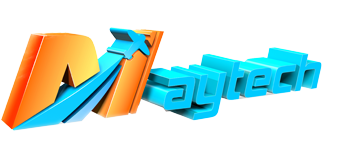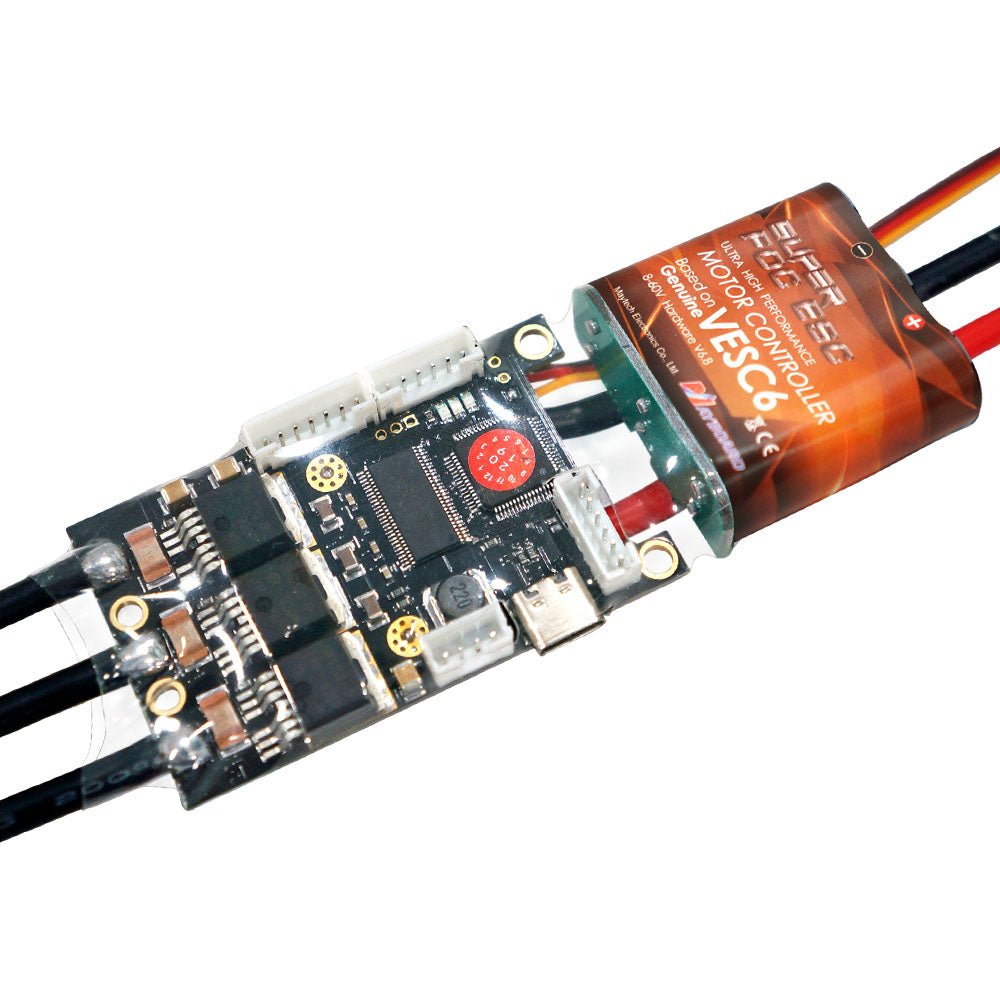What is Speed Controller?
An electronic speed controller or ESC is an electronic circuit that controls and regulates the speed of an electric motor. It may also provide reversing of the motor and dynamic braking. Miniature electronic speed controls are used in electrically powered radio controllled models. Full-size electric vehicles also have systems to control the speed of their drive motors.
Why choose VESC?
VESC is excellent because it allows tons of customization. It allows you to control the torque of the board by adjusting the current output to the motor and current input from the battery. It allows you to customize the acceleration and braking curve so that the board behaves exactly as you want it to while braking and accelerating.
You can also set some limits to protect your ESC, motor, and battery such as:
- limiting the currents to the motor. (overcurrent to the motor fries it.)
- limits the temperature of the VESC. (going too hot may cook the VESC).
- limiting the minimum voltage to drain the battery. (over-discharge degrades the battery.)
Important components on VESC controllers:
-
PCB Board:

Material on PCB board is glass firber with copper clad layer, the thicker of the copper clad layer, the better the electric conduction function of the PCB board, our SUPERFOC6.8 PCB has 4 layers glass firber with copper clad layer.
-
Driver Chip

To use good driver chip, can reduce possibility of DRV error in FOC mode.
Our SUPERFOC6.8 upgraded DRV chip to DRV8301 chip, can work great in FOC mode.
-
MOSfet

Mosfet is to control input and output current, its quality decides current volume and controlling accuracy.
-
MCU

MCU is to process signal received by receiver, Drive signal, control UART switch, control all components working and all data detection.
-
Capatitor

Capatitor is to balance current output, protect other components.
Related Products:
1. Maytech SUPERFOC6.8 50A VESC6.0 based controller:
2. MTVESC100A:
3. V1 200A VESC6.0 based Controller:
4. V2 200A VESC6.0 based Controller MTVESC6.12





